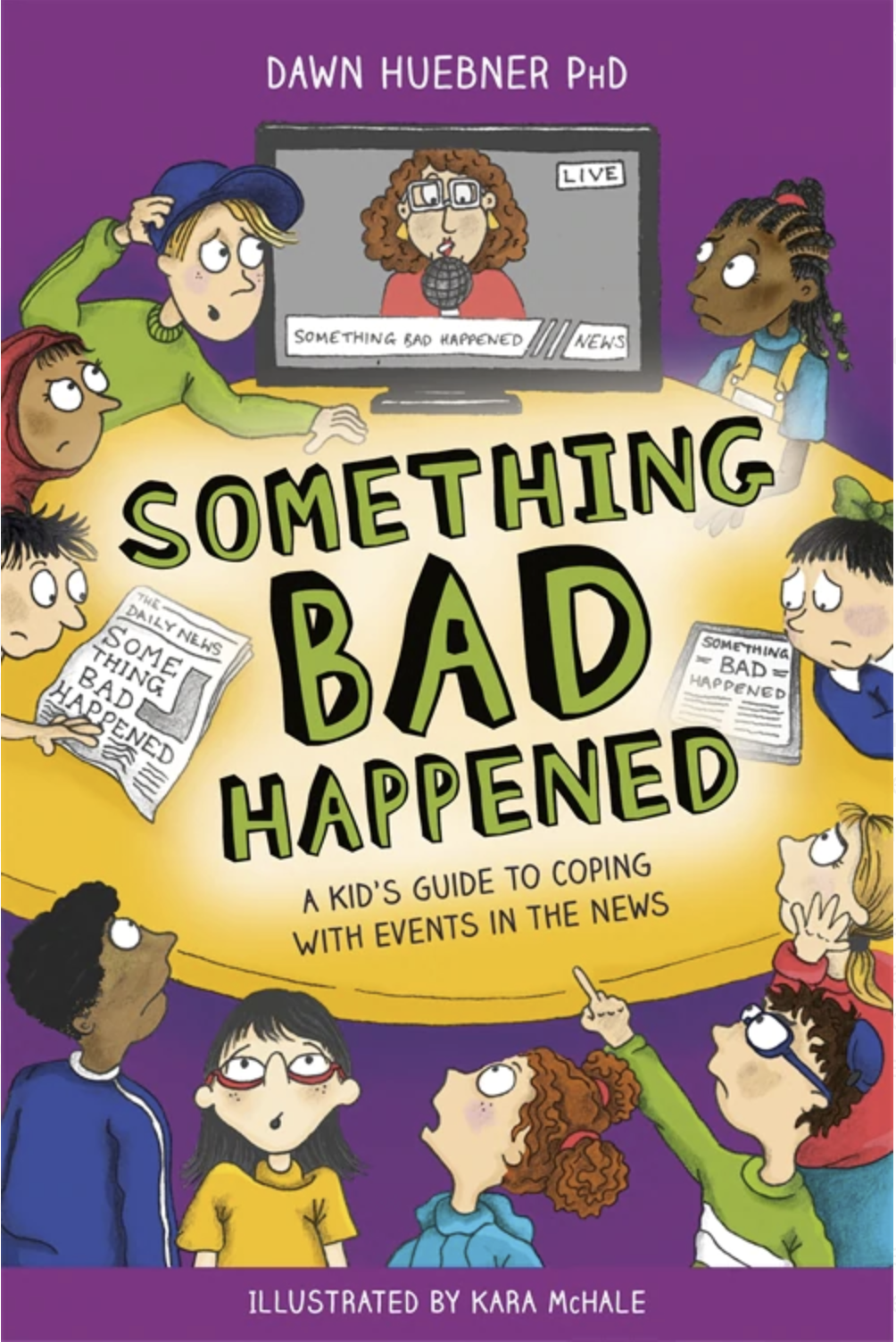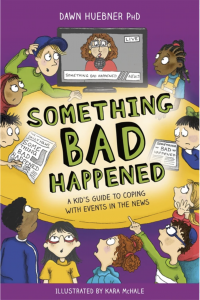Cyberbullying Linked With Suicidal Thoughts and Attempts in Young Adolescents
 Suicide is the second leading cause of death for adolescents and young adults in the United States. In-person bullying is known to raise the risk of thoughts of suicide and attempts for both victims and perpetrators. Read more ›
Suicide is the second leading cause of death for adolescents and young adults in the United States. In-person bullying is known to raise the risk of thoughts of suicide and attempts for both victims and perpetrators. Read more ›

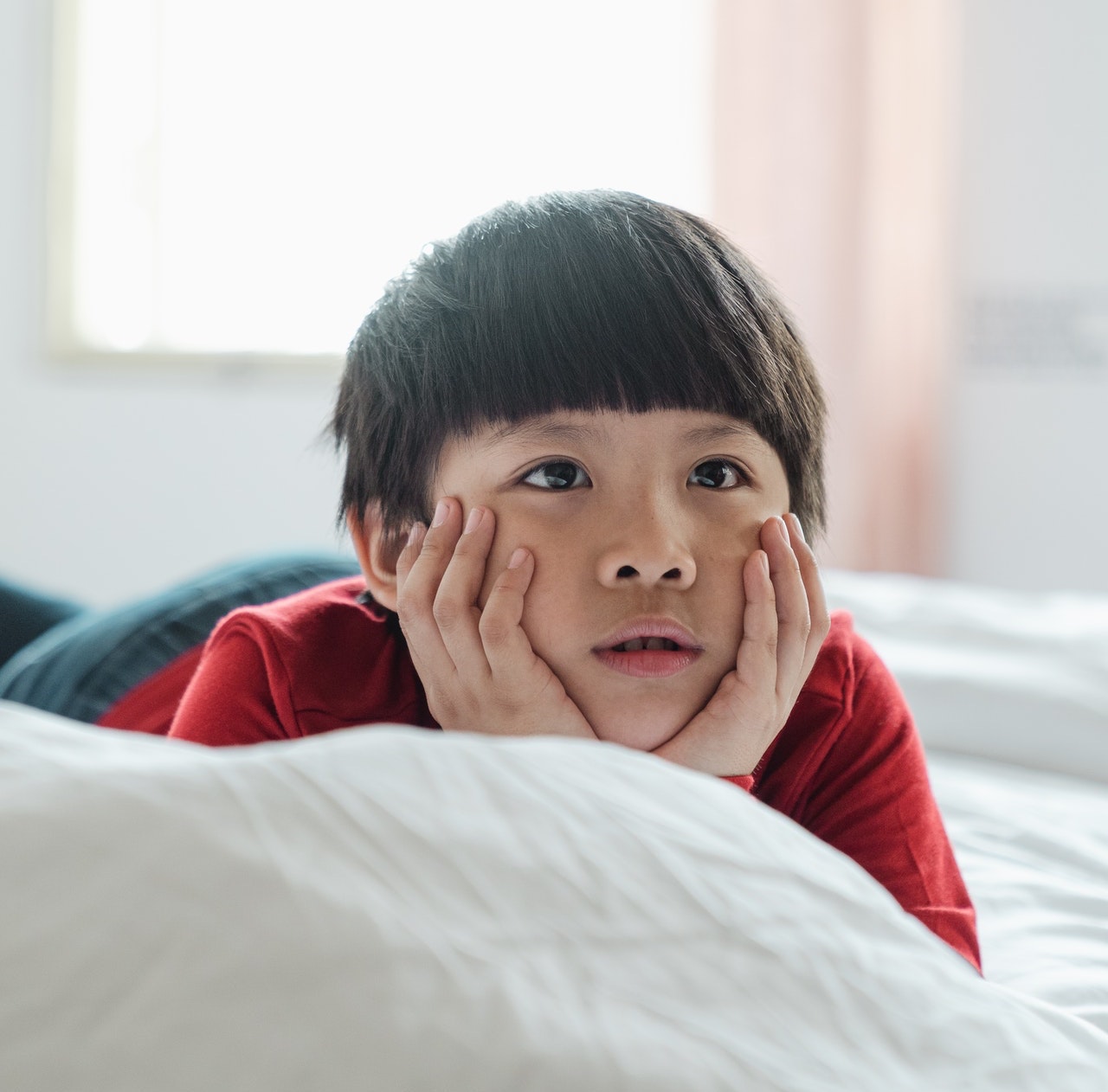
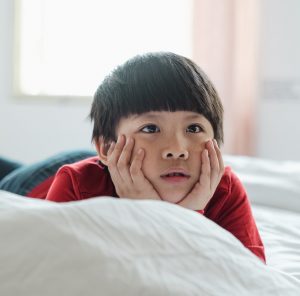

 Dyscalculia (dis-kal-KYOO-lee-uh) is not as well known as dyslexia, but both are learning disabilities.
Dyscalculia (dis-kal-KYOO-lee-uh) is not as well known as dyslexia, but both are learning disabilities. 
 Auditory processing disorder (APD) is a hearing problem characterized by deficits in how the brain processes auditory input. Children with APD struggle to make sense of what they hear — a symptom that is easily mistaken for other conditions and learning disabilities. This overview of APD clarifies common misconceptions and offers targeted strategies of support.
Auditory processing disorder (APD) is a hearing problem characterized by deficits in how the brain processes auditory input. Children with APD struggle to make sense of what they hear — a symptom that is easily mistaken for other conditions and learning disabilities. This overview of APD clarifies common misconceptions and offers targeted strategies of support. 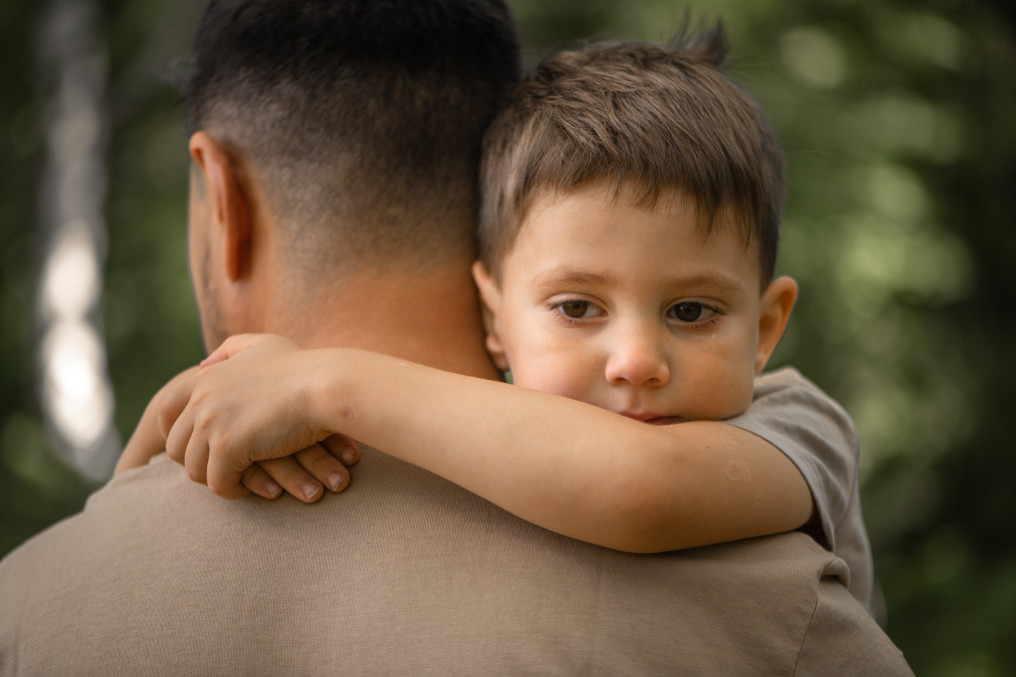
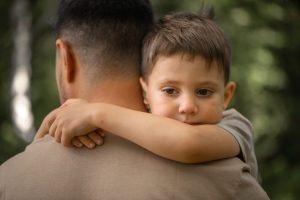 The news can be devastating. Events such as a mass shooting at an elementary school can be incomprehensible to adults — so how do we talk about them with kids?
The news can be devastating. Events such as a mass shooting at an elementary school can be incomprehensible to adults — so how do we talk about them with kids? 
 The
The 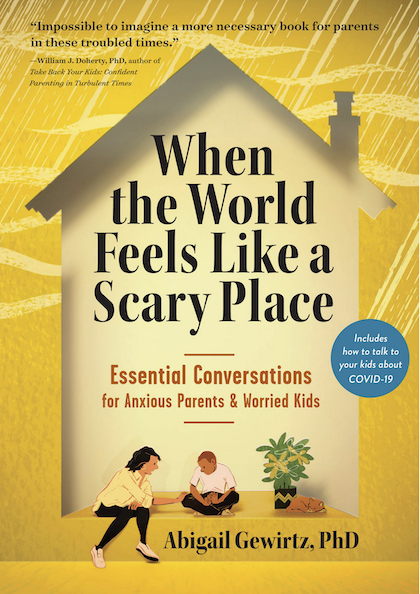
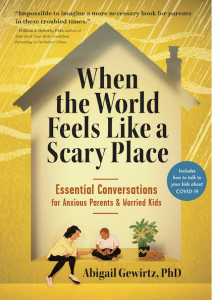 It’s an understatement to say we live in an age of anxiety. Political polarization, school shootings, income inequality, climate issues, sexual harassment, and more—whether it’s on the news or hitting closer to home, it’s impossible to tune out. The problem is, most children can’t put these issues in perspective, and parents, often anxious themselves, can have a hard time talking to their kids without making it worse.
It’s an understatement to say we live in an age of anxiety. Political polarization, school shootings, income inequality, climate issues, sexual harassment, and more—whether it’s on the news or hitting closer to home, it’s impossible to tune out. The problem is, most children can’t put these issues in perspective, and parents, often anxious themselves, can have a hard time talking to their kids without making it worse. 